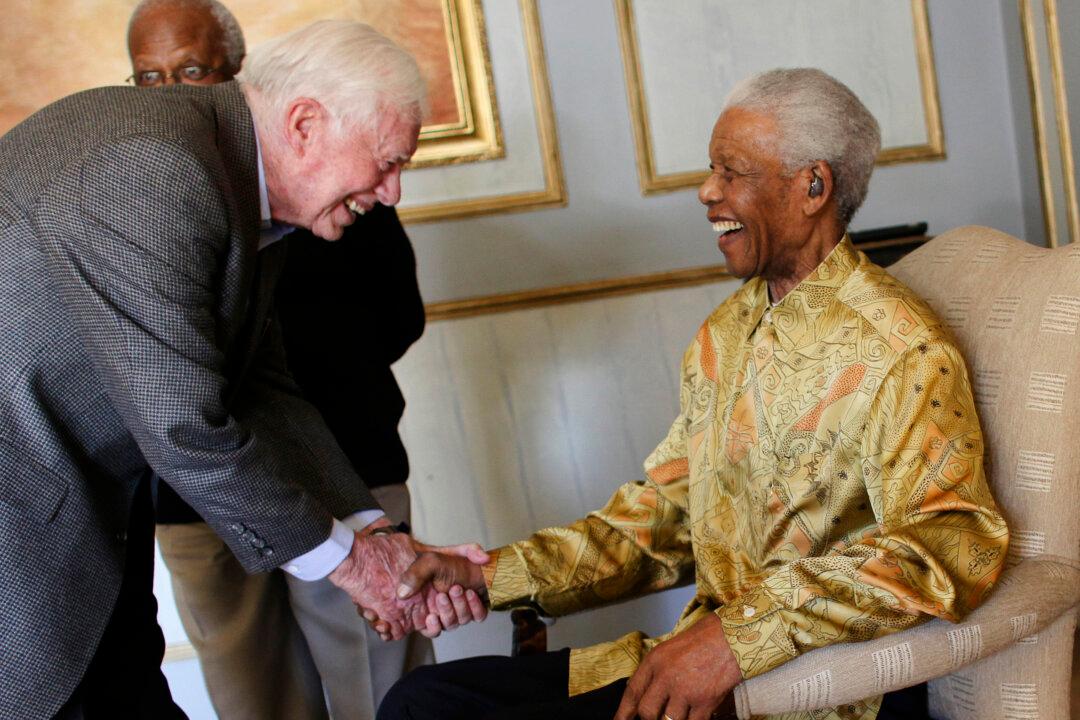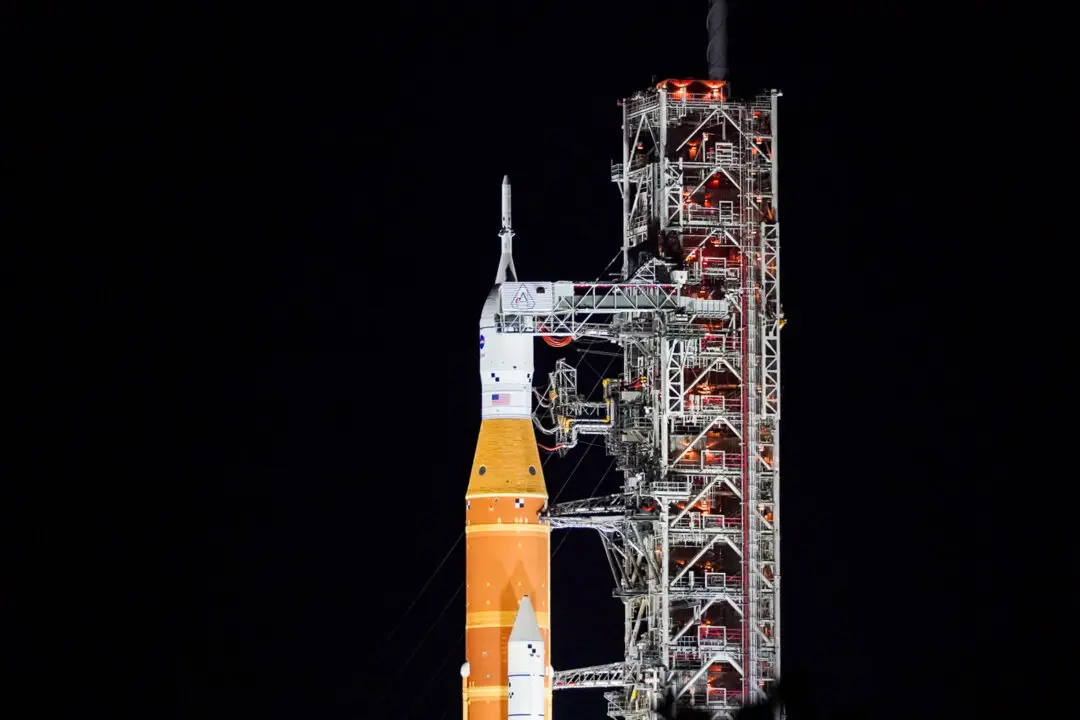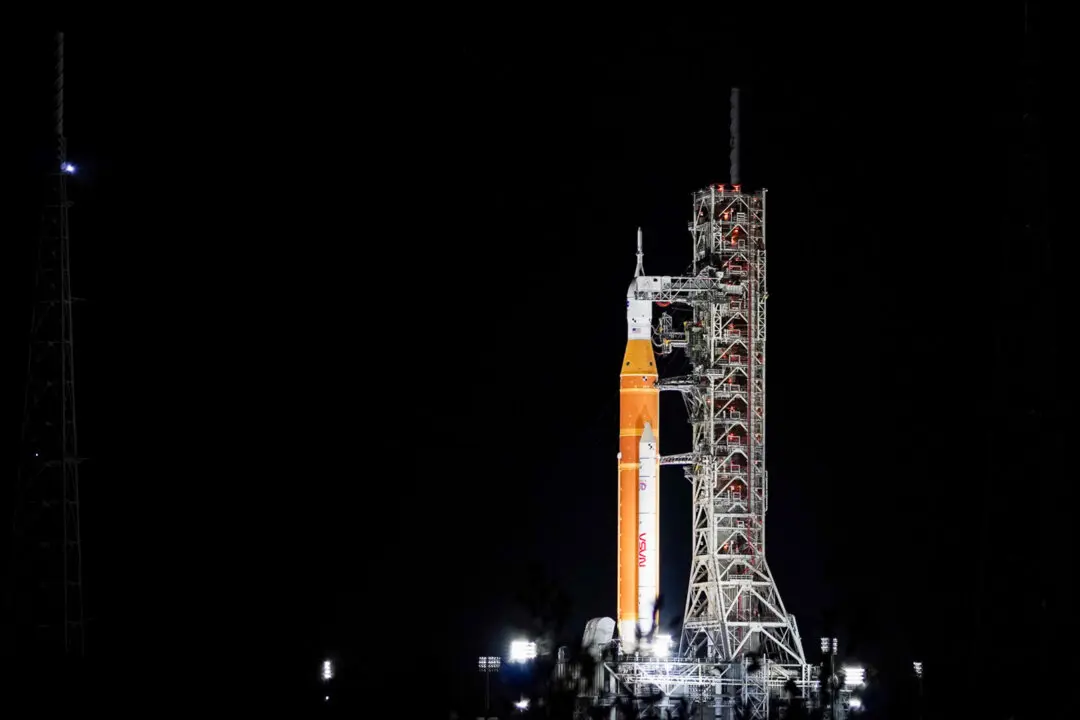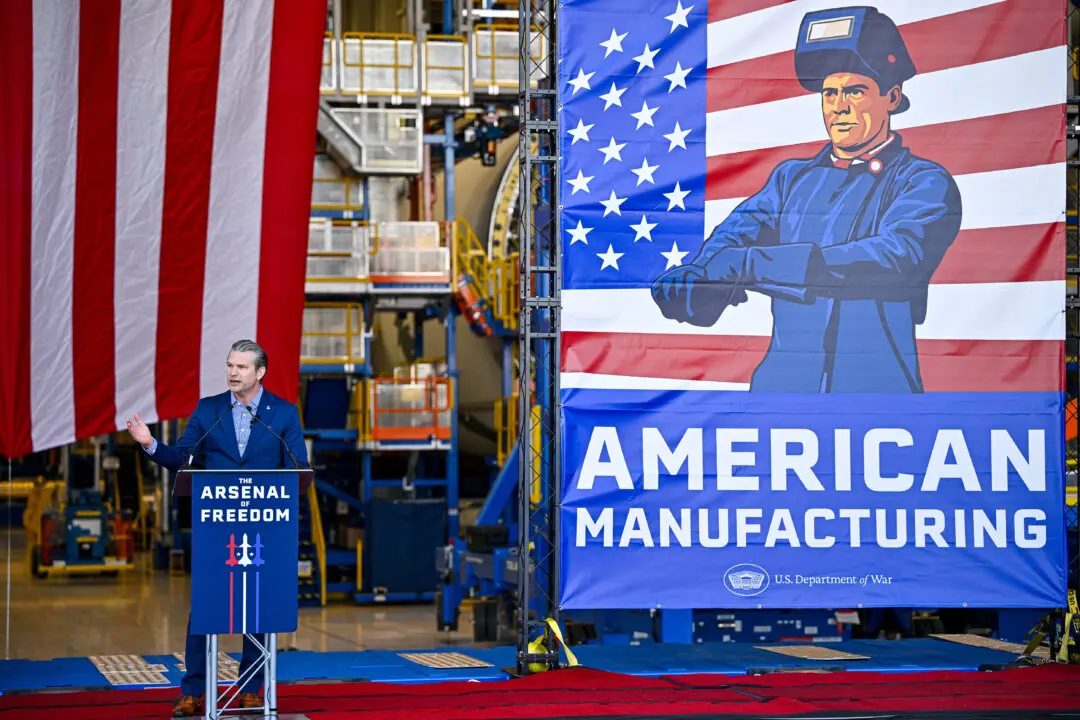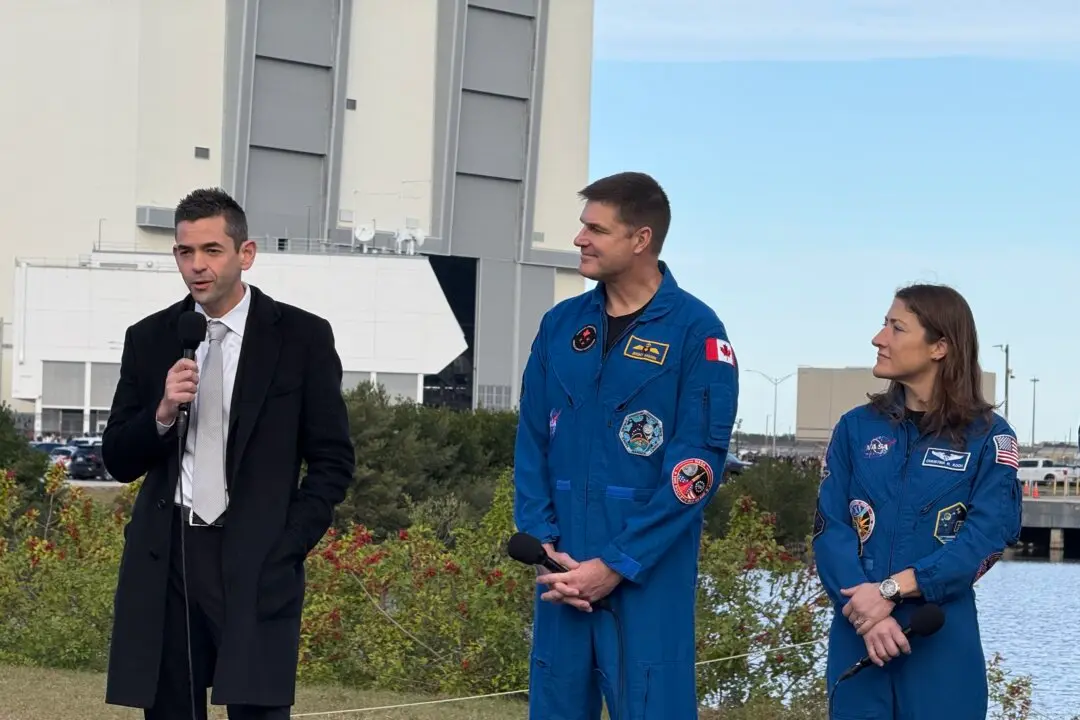When the late former President Jimmy Carter left the White House in 1981, his life as a diplomat and negotiator the world over was just beginning.
Beginning with the founding of his nonprofit organization the Carter Center in 1982, the 39th president spent the next 40 years “waging peace” upon the world, building homes, ensuring fair elections, promoting health, and resolving conflicts—sometimes by negotiating personally with dangerous leaders.
